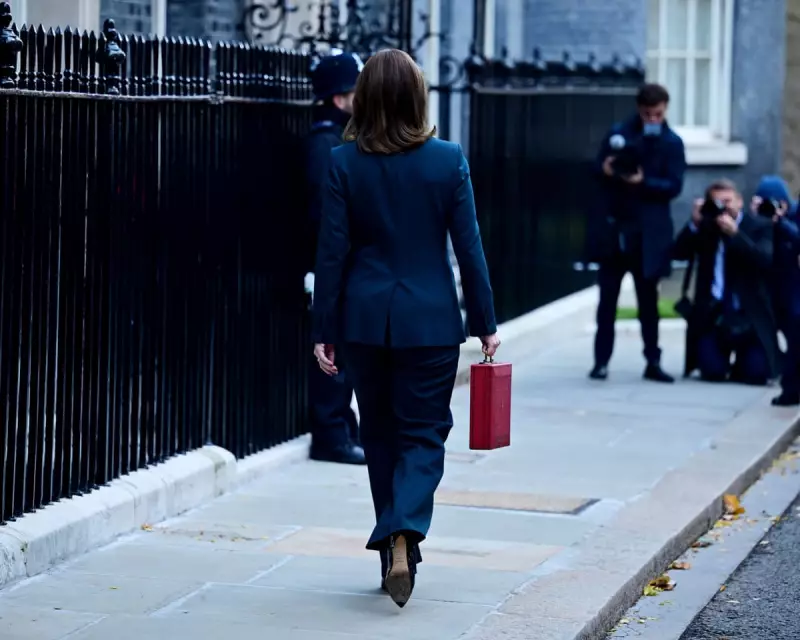
Chancellor Rachel Reeves's budget has left the UK's public finances in a precarious position, according to the government's independent economic forecaster, despite her more than doubling the Treasury's financial safety net.
Fiscal Buffer Fails to Eliminate Vulnerability
The Office for Budget Responsibility (OBR) delivered a stark assessment, warning that the potential for damaging events – ranging from global market crashes to future pandemics – to derail government finances remains alarmingly high. This caution comes even as the Chancellor increased her fiscal headroom from £9.9 billion to £22 billion.
Richard Hughes, Chair of the OBR, emphasised that this £22 billion buffer remains slender. He highlighted that the UK faces £60 billion more debt by 2030 than previously forecast in March, a debt burden twice the advanced-economy average, and historically high debt servicing costs.
"While this budget addresses some fiscal risks and increases the margin held against the government’s fiscal targets, it still leaves the UK public finances relatively vulnerable to future shocks," the OBR stated unequivocally.
Downgraded Growth and Rising Tax Burden
In a comprehensive review of the UK's economic health, the OBR also downgraded the nation's growth outlook. The economy is now expected to expand by 1.5% this year, a slight improvement from the earlier 1% forecast. However, growth is projected to slow to 1.4% next year, significantly lower than the 1.9% predicted in March.
This growth downgrade, amounting to a 0.3 percentage point loss by 2030, coupled with rising annual debt financing costs and larger welfare bills, forced the Chancellor's hand on taxation.
The OBR confirmed that the overall tax take will jump to a historically high level of 38% as a proportion of national income. A significant portion of this revenue will come from an extension of the income tax threshold freeze, a so-called 'stealth tax' expected to raise an extra £8.3 billion in 2029-30.
A 'Spend Now, Pay Later' Approach
Economic think tanks were quick to characterise the budget's structure. The Resolution Foundation described it as a "repair job," while the Institute for Fiscal Studies labelled it a "spend now, pay later" budget that backdates the majority of tax rises to the end of the parliament.
The OBR's analysis shows that the net impact of budget policies will increase borrowing by £5 billion on average over the next three years, before reducing it by £13 billion on average in the subsequent two years.
Among the specific measures, a clampdown on salary sacrifice schemes for pensions from April 2029 is set to raise £4.7 billion for the Treasury. The Chancellor also announced an £8 billion tax increase on wealth, including an annual 'mansion tax' on properties valued over £2 million.
The forecaster additionally noted concerns over an AI-driven stock market bubble, warning that a "large global equity price correction poses a downside risk to both our economy and fiscal forecast."
The release of the OBR's report was marred by an accidental early publication, for which the body apologised and launched an internal investigation.





